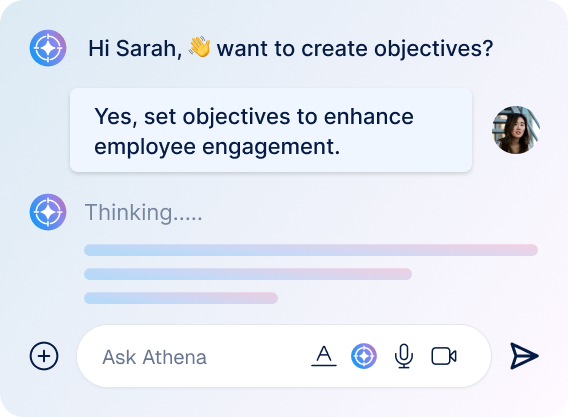Concept
The Tip Jar Effect occurs when an initially empty tip jar is “seeded” with some money, typically by the establishment or service provider. This small amount of money acts as social proof, suggesting that tipping is a common and socially accepted behavior. Observing money in the jar, customers are more inclined to leave a tip themselves, believing that others have done the same.
Mechanisms
Social Proof: People tend to follow the actions of others, especially in situations where they are uncertain about what to do. Seeing money in the tip jar signals that tipping is the norm. Normative Influence: The presence of tips establishes a social norm. Customers may feel a subtle social pressure to conform to this norm and leave a tip to fit in or avoid feeling stingy. Reciprocity: When people see that others have left tips, they might feel a sense of obligation to reciprocate. This is particularly true if they have received good service, as they see tipping as a way to acknowledge and reward the service provider.The principle of social proof says so: The greater the number of people who find any idea correct, the more the idea will be correct.
Common Applications
Restaurants and Cafes: Service establishments often seed tip jars with small bills or coins to encourage customers to tip. This practice is particularly common in places where tipping is discretionary. Street Performers: Performers and buskers may place a few bills and coins in their hats or jars before starting their performance to suggest that tipping is customary and appreciated. Charity Donations: Donation boxes in public places, like museums or community centers, might be seeded with money to encourage contributions by implying that others have already donated. The Tip Jar Effect is a clear demonstration of how social proof can influence behavior. By pre-loading a tip jar with money, businesses and service providers can subtly encourage customers to follow suit, increasing the likelihood of receiving tips. This effect highlights the broader principle that people are heavily influenced by the perceived actions and behaviors of others, especially in contexts involving social norms and discretionary behaviors.Ready to discover smarter solutions?
Related Articles
-
How to Spot Hidden Biases That Affect Portfolio Decisions
TL;DR Cognitive biases can quietly undermine project portfolio decisions, leading organizations to pick the wrong projects and waste resources. Common... Read more
-
Why Do People Break Promises? The Psychology Behind the Say-Do Ratio
Organizations and individuals rarely fail because of poor intentions; they fail in the space between commitment and execution. The say-do... Read more
-
Why Leading by Example is the Most Powerful Leadership Tool
Here’s a little secret about leadership and not the kind you read in thick business books or hear about in... Read more
-
Understanding Impostor Syndrome: The What, Why, and How to Beat It
Ever feel like you’re just pretending to be good at your job and any minute now, someone’s going to find... Read more





